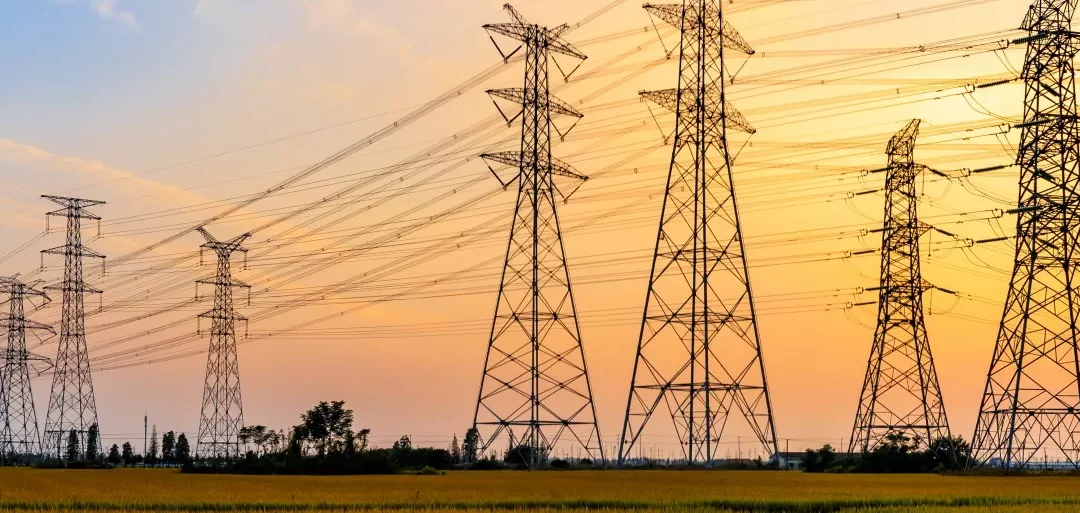Social justice issues run deep through energy generation and development in the United States, particularly impacting minority, low-income, and disadvantaged communities. In particular, communities hosting existing fossil fuel-based energy infrastructure are facing severe adverse impacts including pollution, property devaluation, and economic disruption.
These issues are compounded by climate change, which heightens health complications and economic losses from extreme weather events including heatwaves, wildfires, and severe storms. Although the U.S. is believed to have near-universal electricity access, disparities remain in service reliability and capacity, with some areas experiencing notably poorer performance. Certain Tribal Nations and Native communities continue to lack access to electricity entirely. Additionally, the energy burden faced by low-income households is disproportionately high, with some areas experiencing energy costs that consume up to 30% of household income, compared to just 2% for non-low-income households.
The U.S. Department of Energy (DOE) Draft Environmental Justice Strategic Plan will play an important role in addressing these issues. Issued on June 20, 2024, DOE’s proposed goals within their Strategic Plan include the following:
- Goal 1: Build cultural & technical capacity of Department of Energy staff and leadership.
- Goal 2: Respect and honor cultural implications of our energy system.
- Goal 3: Recognize and repair harms to communities and to the environment.
- Goal 4: Enhance public participation in agency decision-making.
- Goal 5: Substantively address unique harms of the energy system such as energy insecurity, energy democracy and energy poverty.
DOE has received over 1,300 comments on its proposed goals plan, reflecting a broad spectrum of insights. David Gardiner & Associates (DGA) commends DOE for centering its proposed approach around both energy and environmental justice, issues that are intertwined but not identical, and for proactively taking action to integrate these principles into the agency’s work. DGA firmly believes that equity and justice must be integrated into energy decision-making to maintain strong and reliable clean energy systems and achieve meaningful decarbonization.
DGA’s comments recommend expanding these strategic goals to include increased efforts towards education and awareness to boost the greater public’s understanding of environmental justice issues. Additionally, we believe it is crucial to ensure equitable access to reliable and affordable energy for all communities, while also developing ways to enhance resilience against the impacts of climate change. A new goal should be created to promote workforce equity, as fostering innovation in clean energy and creating economic opportunities for historically underserved committees will contribute to a more just and sustainable energy transition.
Overall, DGA advocates for a comprehensive, multifaceted approach to advancing environmental justice. This approach should:
- Address both energy affordability and reliability through diverse strategies rather than relying on a single decarbonization method.
- Enhance the deployment of clean technologies while ensuring that the benefits are equitably distributed across all communities.
- Provide resources to communities most affected by environmental degradation while supporting local, community-led sustainability projects.
- Facilitate meaningful dialogues with communities impacted by fossil fuel production and carbon-intensive energy sources.
- Support Indigenous Peoples by ensuring free, prior, and informed consent is obtained for any project affecting their land and resources.
Finally, DGA offered several improvements for community benefit plans (CBPs). CBPs refer to strategies and/or agreements designed to ensure that communities receive tangible benefits from projects that affect them, including infrastructure development. DOE must provide clear guidance on CBPs, while allowing flexibility in how funds can be utilized to ensure effective implementation. Additionally, offering technical assistance and funding for capacity building can help communities navigate and apply CBPs more effectively. The DOE should consider creating working groups to share best practices and address challenges related to CBPs across regions and projects to foster a collaborative environment and enhance the overall effectiveness of these plans.
DGA looks forward to further engagement on integrating energy and environmental justice strategies into DOE’s work. Our comments reflect our commitment to creating a more equitable and sustainable energy future, emphasizing the need for comprehensive and inclusive approaches in policy and practice.
For more detailed information, see our full comments here.
